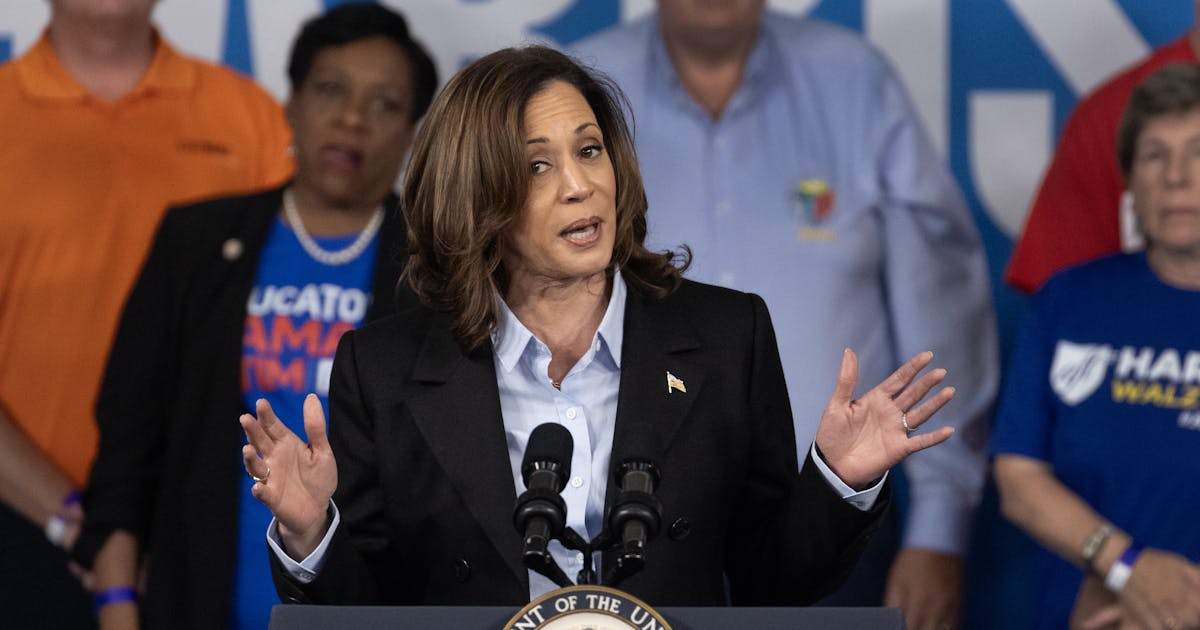Elon Musk's billionaire extremist party exposes ‘centrist’ scam
This is a guest post from FrameLab contributor Jason Sattler. Jason is LOLGOP on BlueSky and pretty much any other

FrameLab is made possible by support from our paid subscribers. If you can, please join hundreds of FrameLab readers in becoming a paid subscriber today.
What does it mean when a politician like Kamala Harris decides to drop an "f-bomb" in public?
In today's Washington Post, I talk about why it can be advantageous for politicians to use curse words strategically. And FrameLab gets a mention! From the story:
“When you curse publicly, it has to be deliberate,” says Gil Duran, a former communications director for Harris who now writes a newsletter about political language. And “it’s a guaranteed way to get more attention.”
Click here for a gift link to this fun read, "Why the #&@% are candidates swearing so much these days?" by Maura Judkis.
Hearing profanity can have a significant effect on the brain and body, says Benjamin Bergen, professor of cognitive science at the University of California at San Diego (who researches profanity!):
“There’s a neurological and physiological reaction that happens when people are exposed to words that they themselves judge to be taboo,” Bergen says. “You get blood flow to the extremities, your pupils dilate, your blood pressure increases. And you get a hit of adrenaline.”
Most people cuss – especially politicians. Reactions, however, can vary:
But our reaction to profanity is sexist. Women who swear, according to linguist Tony McEnery’s 2005 book “Swearing in English,” can be perceived to be more aggressive or unladylike — accusations that have dogged Hillary Clinton. Edward Klein’s anti-Clinton book “Guilty as Sin” is rife with obscenity-laden quotations attributed to Clinton by anonymous sources. In 2017, Fox News clutched its pearls at Clinton using a swear word to describe Trump’s inauguration — “That was some weird s—” — except she was quoting George W. Bush.
Here's an interesting piece in the New Republic that references Dr. George Lakoff's work. Dr. Genevieve Guenther looks at Vice President Kamala Harris's policy shift on fracking, and spots an error in the framing. Harris, writes Gunther, keeps saying she "won't ban fracking."
But as FrameLab readers know: When you negate the frame, you evoke the frame. From the story:
As the cognitive scientist and political strategist George Lakoff notes, repeating your opponent’s language in order to deny it only reinforces their frame for the debate. Every time Harris says that she will not ban fracking, she keeps the idea of banning fracking in voters’ minds. And citing job statistics that don’t directly address voters’ top concern about prices is a missed opportunity. Harris should tie climate and energy not just to increased job opportunities but to her campaign themes of lowering prices, preserving freedoms, and leading America into a better future.
Read the whole piece here, paywall-free:

That's all for today. More soon.
Subscribe